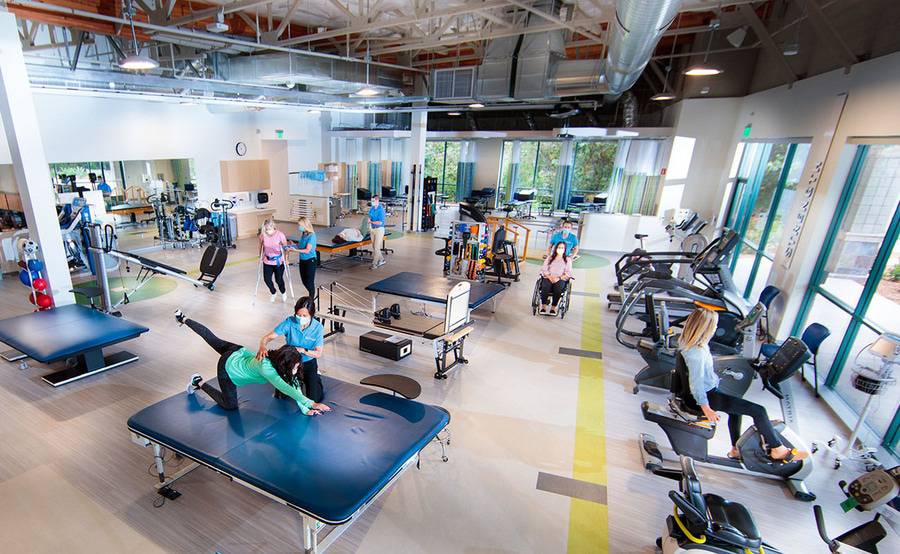Improving Rehabilitation Outcomes Through Effective Functional Motion Assessment Protocols
Improving Rehabilitation Outcomes Through Effective Functional Motion Assessment Protocols
Blog Article
Functional Movement Screening (FMS) is a beneficial tool used to evaluate an individual's movement mechanics. This screening aids identify any deficiencies or imbalances in the body, which can result to harm if not corrected. In rehabilitation contexts, FMS can serve a crucial role in improving recovery results. By understanding how each individual moves, healthcare providers can design targeted rehabilitation programs that concentrate on improving power, flexibility, and general function.
One of the main advantages of using FMS in rehabilitation is its capability to identify specific aspects that need enhancement. For instance, if a patient has difficulty with squatting or lunge movements, it may indicate a deficiency of flexibility in their hip joints or ankles. This data allows therapists to create customized fitness programs that emphasize addressing these deficits. As a consequence, patients are more likely to regain their power and functionality, which is crucial for returning to daily tasks or sports.
Incorporating efficient FMS protocols can also help avoid future injuries. Many damages occur due to inefficient movement mechanics or excessive use of specific muscle clusters. By evaluating individuals before they begin a rehabilitation program, clinicians can detect risks and implement approaches to minimize them. Educating patients about appropriate movement mechanics and enhancing weak aspects helpful resources can lead to sustained benefits, ensuring that they stay active and fit.
Moreover, the use of FMS can improve dialogue between healthcare professionals and patients. When patients witness their mobility patterns evaluated and explained, they gain a clearer comprehension of their recovery journey. This transparency builds trust and encourages patients to take an active part in their rehabilitation. By involving patients in their rehabilitation process, they are more likely to follow to recommended exercises and behavioral changes that promote better outcomes.
In conclusion, improving recovery results through efficient functional mobility screening procedures important site is crucial for both patients and healthcare professionals. By precisely assessing mobility mechanics, therapists can develop tailored rehabilitation plans that meet individual needs. This not only facilitates in recovery but also helps avoid future injuries. As patients become more involved in their recovery process, they are likely to attain their goals and sustain a fit, active way of living.